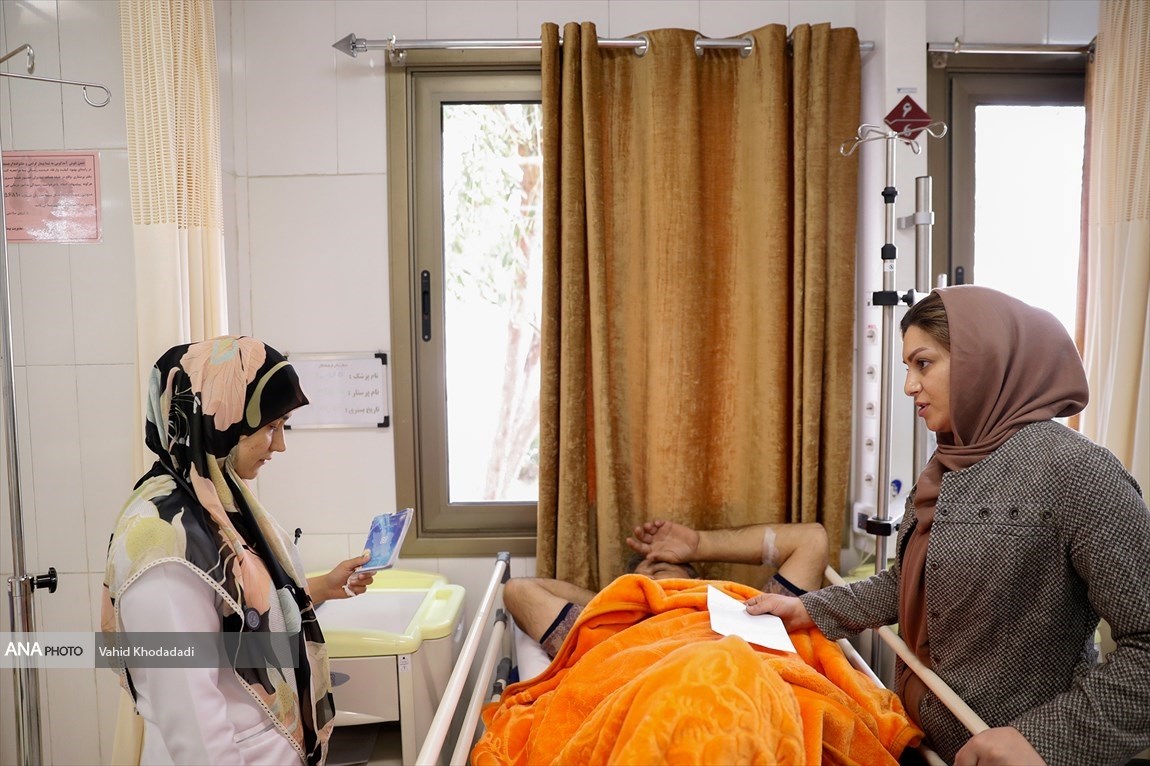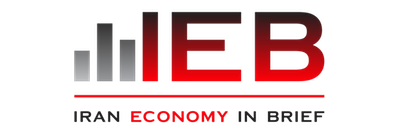
Inflation and rising prices in Iran have lowered the number of people visiting doctors and physicians, says Iran Health Insurance Organization (IHIO).
“The number of people going to hospitals or clinics have dropped by 30 percent compared to a year ago”, says Mr Kourosh Farzin, Vice President of IHIO to ILNA (Iranian Labour News Agency).
Mr Farzin believes that treatment costs with respect to household’s income are very high and that is the only reason that recently people prefer to medicate themselves for simple diseases on their own instead of referring to a doctor.
In a month after the increase of petroleum prices in Iran, 70,000 cars have registered to become bi-fuel; i.e. to work with both petroleum and C.N.G. (compressed natural gas).
National Iranian Oil Product Distribution Company (NIOPDC) says that while in the past 14 years, one million vehicles were modified as bi-fuel, the increase in petroleum prices now have pushed several people to use this service.
Previously, the government assigned subsidies to cars which were modified to bi-fuel, however, now with rising demand it is not clear if any subsidy would be given to cars any more.
The NIOPDC says that the current consumption of CNG per day in the country is about 21.5 million cubic-meters and this figure can be increased to 45 million cubic-meters.
However, despite this, many bi-fuel car owners complain that very often during the winter time, some CNG stations are in short supply as the use of natural gas for heating increases.
